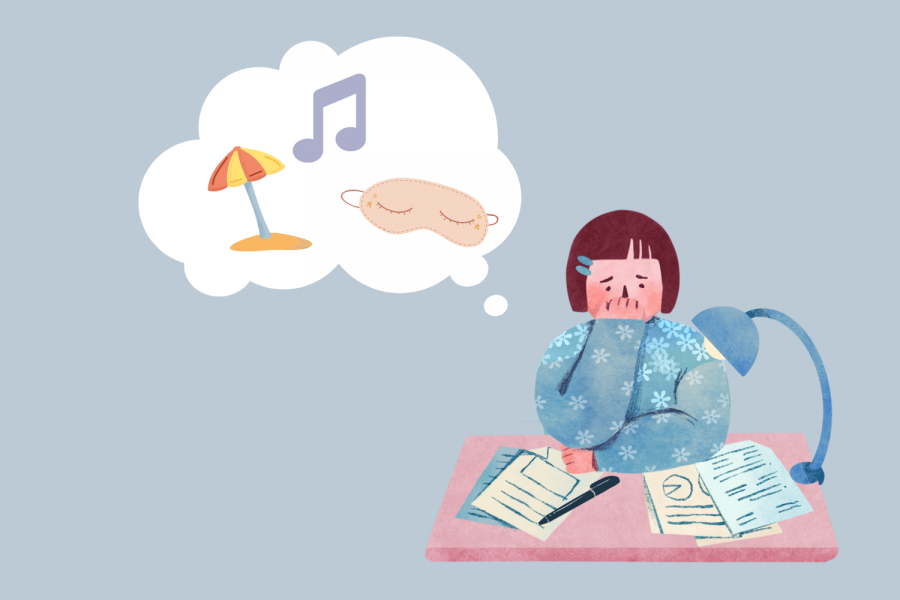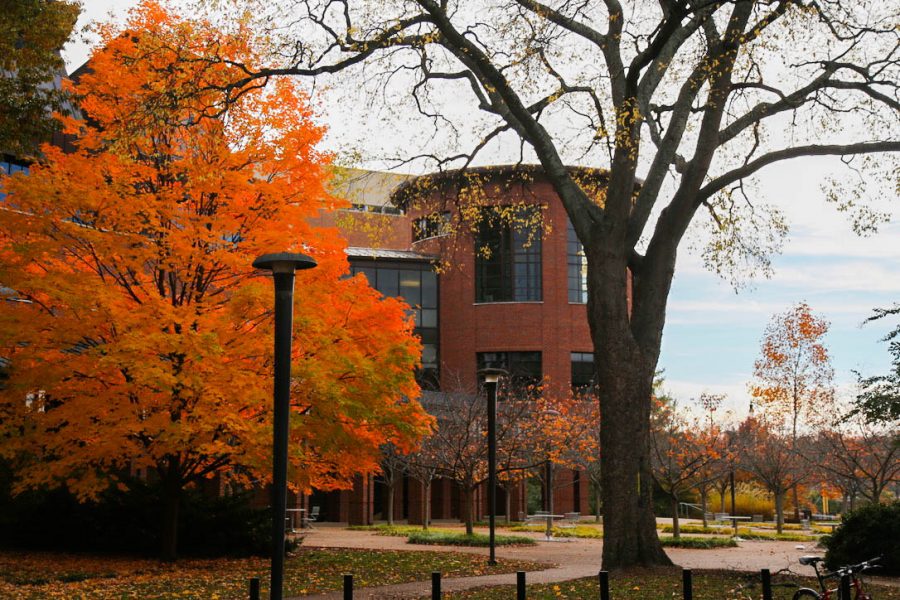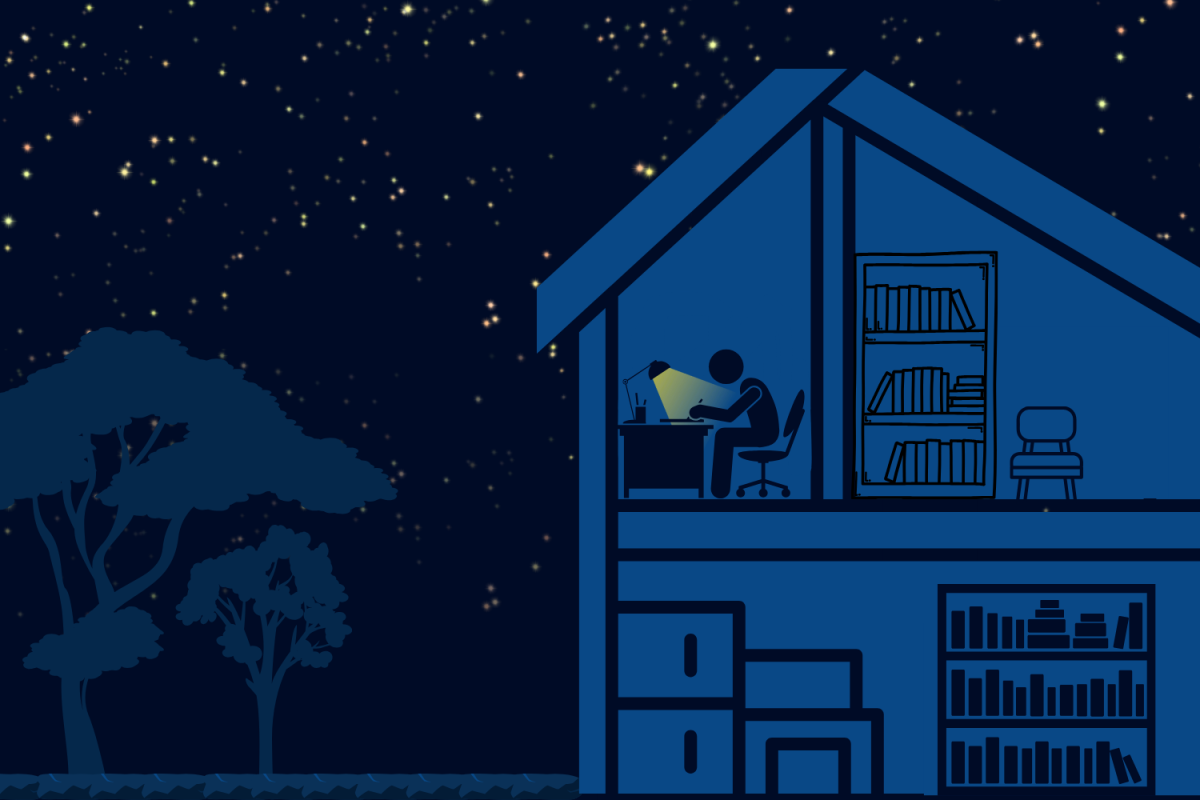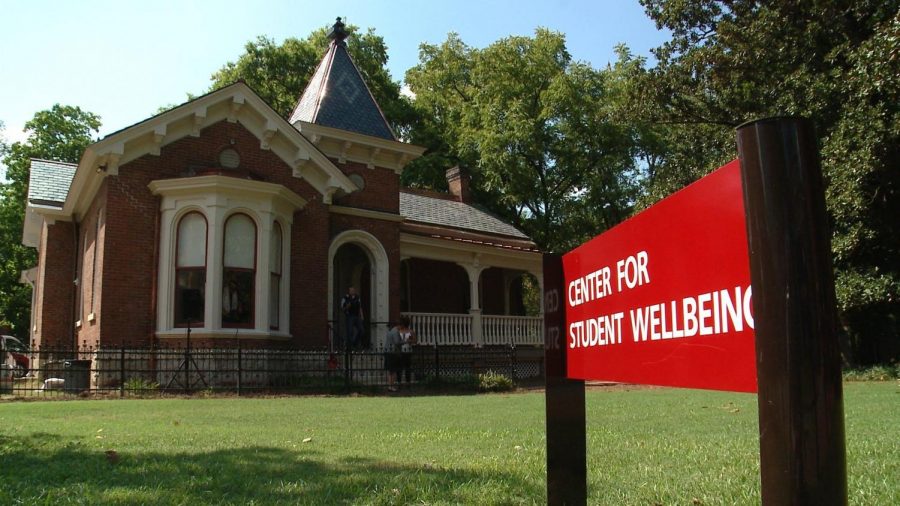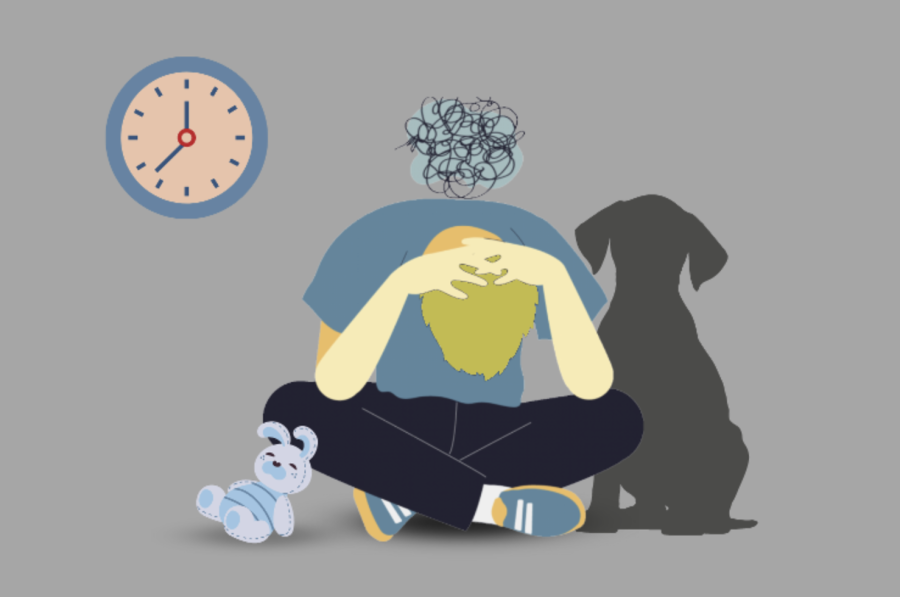Before Thanksgiving break, waves of homesickness crashed down on me harder than they ever have. The added obligations, social opportunities and anxiety that come with in-person college—not to mention the infamous frat flu—had buried me. My usually adventurous and extroverted self became desperate for my mom’s pasta, my cats and my childhood bed. I’m not usually excited to land in the dismal T.F. Green airport but on Nov. 19, it felt like arriving at Disney World.
I vowed to use my break to take a much-needed hiatus from my studies by basking in the luxury of sleeping past 8 a.m., having access to my mom’s closet and showering barefoot. In short, I intended to do absolutely nothing.
Flash forward 10 days to me waiting impatiently at the BNA baggage claim, counting the minutes that could have been put toward tackling my mounds of homework. Upon arriving on campus, I was met with choruses of similar woes from my peers about not finishing enough work during their week off. Some had even returned to campus early to work in a productive setting. Our complaints were not just rooted in work due that upcoming week but in the work due or assigned during the break that we’d neglected. I had an assessment worth over 10 percent of my final course grade due during Thanksgiving break, while others had deadlines for papers and assignments.
Assignments, exams and projects during scheduled academic breaks undermine the purpose of a break.
The fact that students felt collective guilt for not spending more time working during our week off—and during a national holiday—demonstrates the toxic workaholic culture Vanderbilt expects of us.
The ability to take a break without the constant nagging of our academic obligations has been stolen from us. We’ve been conditioned to be hard on ourselves, knowing that the alternative is underperforming.
For many, Thanksgiving was the first time they had seen their family and childhood friends in months. For others, it was also a time of renewed anguish. At college, it’s relatively easy to ignore home-related trauma, but it’s not as easy when surrounded by painful memories, coming to life at home as pictures, landmarks, distinct smells and a glaring absence, among others. Especially given the pandemic, more students than ever are facing devastating loss, only magnified by the holiday season. Combine that dynamic with potential family obligations, limited internet access and/or a lack of a conducive study area—are these really conditions under which students are expected to perform?
When I walked into my foyer on Nov. 19, features of my Grandpa’s home stared back at me. My parents were knee-deep in cleaning out his house, and his faux ivy leaves, wall decor, lamps and even tissue boxes were scattered throughout our home. I had left for school a month after his jarring passing; upon returning home, the glue I had used to reattach pieces of my shattered heart lost some of its hold. The last things I felt like doing were signing onto Brightspace and thinking about APA format.
Our workload didn’t let up after our time off. Many students were given assignments during or right before the break to be submitted immediately following it, leaving no choice but to work during the week off. My stubbornness about turning my computer off for the 10 days that I was home—10 days set aside for rest—led to stumbling and falling into an abyss of deadlines.
Is a break really a break if taking time off academically impairs students?
The lack of consideration for students’ basic need for rest is evident year-round at Vanderbilt, not just during the holidays. Assignments are often due on weekends or given on Fridays to be turned in early the following week. Although weekends are a valuable opportunity to complete homework, students shouldn’t be forced to spend their designated free time holed up in a cubicle on the sixth floor of Central Library. Students are prevented from using their weekends to tend to personal needs, including spending quality time with friends, socializing, sleeping, indulging in time alone and exercising, without feeling guilty for doing so. This practice sets an internal timer until the end of the semester; we shouldn’t have to speed through the “good old days” to quench our frantic thirst for a pause.
The burdening academic pressure put on students was on full display during finals week. We were given three reading days—two of which were on the Saturday and Sunday before finals week. What’s the point of allocating weekends—predetermined days off—as reading days? During one of the most stressful parts of the semester, students deserve real reading days. Ones that give more reprieve than typical weekends, that are free of academic obligations, that encourage study breaks and personal reconnection and maybe even ones that boast free Rand cookies, like last year’s in-person reading days.
Ironically, the designation of weekends as reading days is telling of how the administration turns a blind eye to Vanderbilt’s taxing expectations. By determining weekends as reading days, they acknowledge that Saturdays and Sundays are typically not days free of academic deadlines and obligations.
Regardless of the days on which they fall, professors ignore the bounds of reading days. I still had two final projects due on these “days off,” a pattern reflected in my peers’ workloads.
As the home of some of the supposedly happiest students in the country, I don’t want to know what boundaries other universities are violating. Whether it be writing a 1,000-word article like this one, or something perhaps more typical of a college student, like going down YouTube conspiracy theory rabbit holes, it’s important to take time for ourselves, especially during a time of heightened stress and change. Vanderbilt needs to restrict professors from giving deadlines during breaks and weekends and to eliminate weekend reading days to ensure that students can upkeep their personal well-being without academic ramifications and guilt.
I’ve found that my academic expectations have subsided during winter break, contrasting those of Thanksgiving break and reading days. However, due to classes ending, there is no more work to assign. Even so, professors should observe these same boundaries throughout the semester and respect that students have lives and personal needs beyond academics.
A break should be a break.

